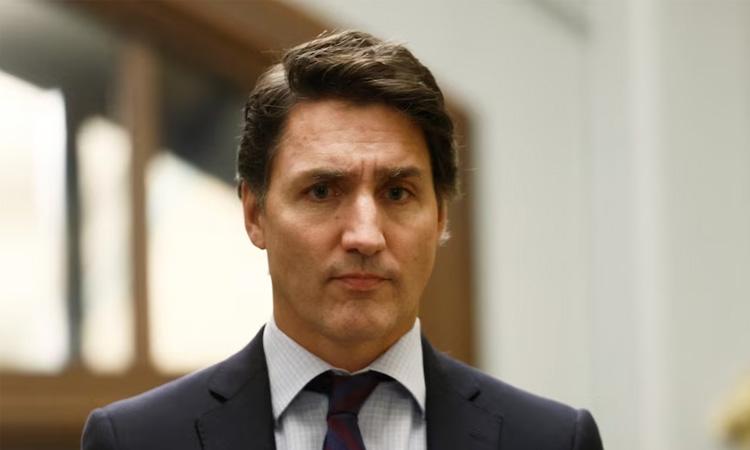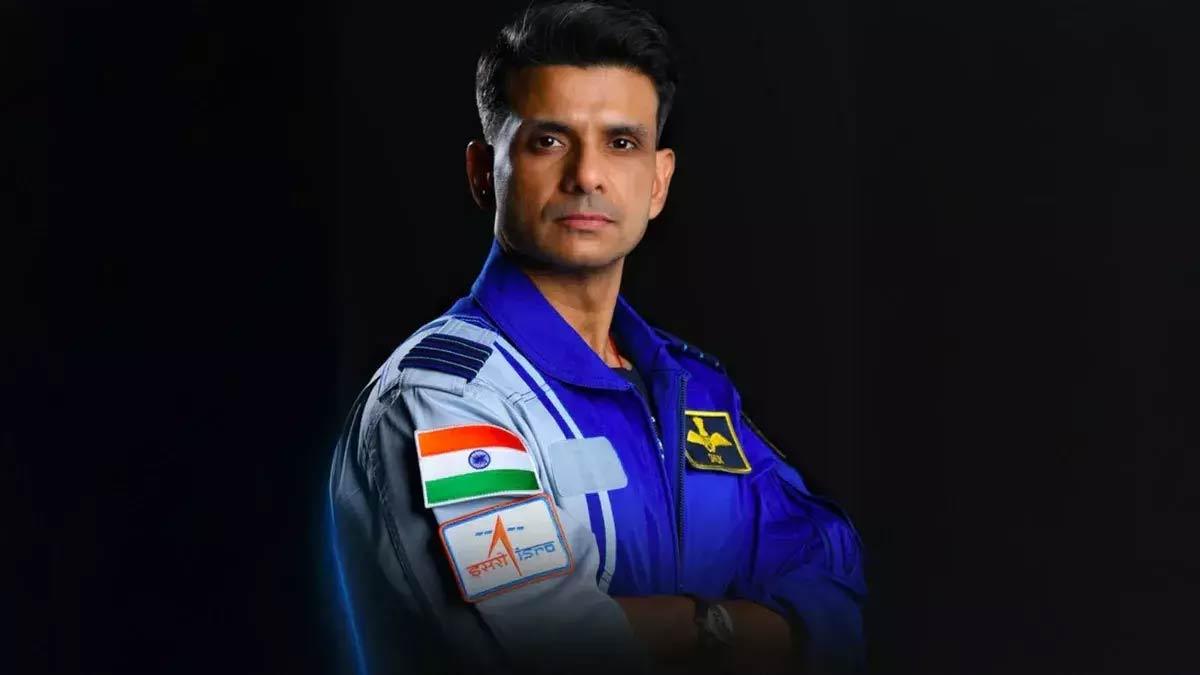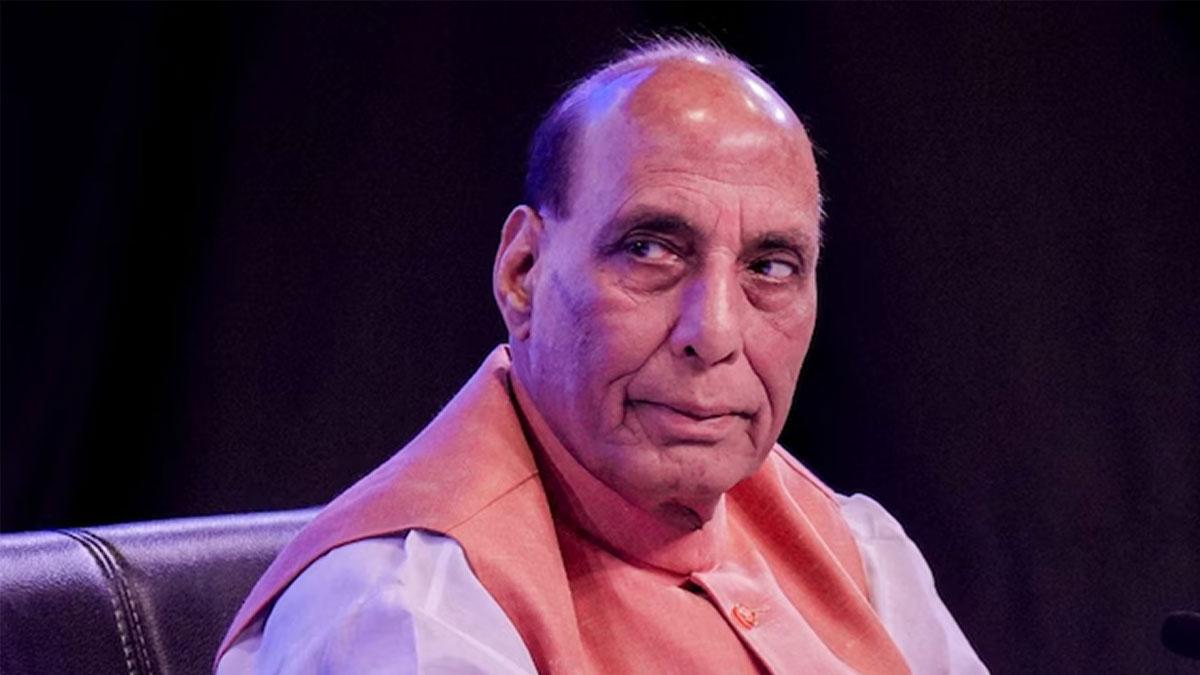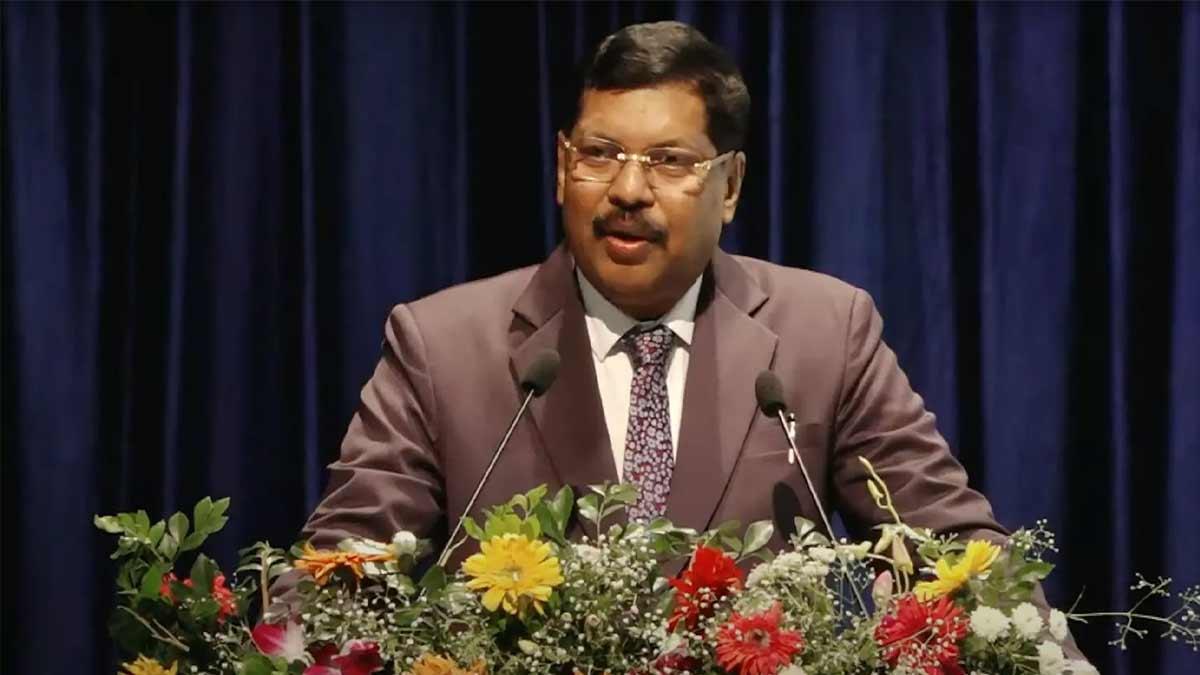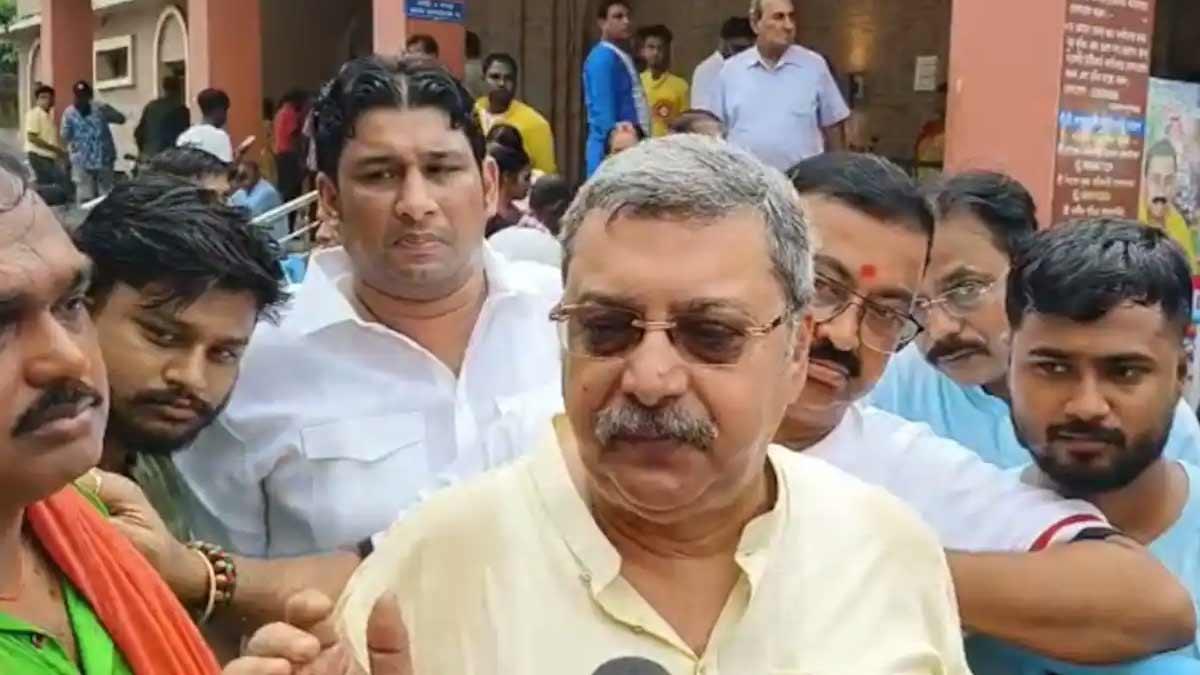The Canadian government is refusing to act against terrorists on its territory who are not only openly advocating for the disintegration of India but are also killing innocent people and running extortion and drug syndicates in India, The Economic Times reported quoting highly placed sources. ET's sources also pointed out how Canadian governments have been consistently disregarding India's extradition requests and Red Corner Notices for these terrorists.
The ET report further quoted its sources as saying that there are credible reasons to believe that Canada is complicit in the blowing up of Air India flight (AI-182) in 1985 that led to the killing of 329 passengers. They also raised questions over Canada's failure to detect explosives at major Canadian airports in Vancouver, Montreal, and Toronto in the lead-up to the AI-182 bombing. They also questioned Canada's refusal to extradite Talwinder Singh Parmar of Babbar Khalsa International, who played a pivotal role in orchestrating the terrorist attack. They also recalled how Parmar, along with Inderjit Singh Reyat, who later confessed to constructing three bombs, had been under surveillance by Canadian authorities prior to the AI-182 incident and how this surveillance was abruptly lifted just a fortnight before the tragic event.
Diplomatic relations between Canada and India hit a new low in mid-September when Canadian Prime Minister Justin Trudeau suggested in Parliament that Indian intelligence agents may have had a hand in the assassination of Khalistani terrorist Hardeep Singh Nijjar. In response, both nations expelled one diplomat each. India vehemently denied Canada's allegations, dismissing them as "politically motivated."
India later sought diplomatic reciprocity with Canada, requesting Ottawa to withdraw 41 of its diplomats from the country. In response, Canada evacuated 41 of its diplomats and announced that only 21 Canadian diplomats and their dependents would remain stationed in India.
External Affairs Minister Jaishankar defended New Delhi's decision to seek diplomatic parity with Ottawa, citing Canada's "continuous interference" in India's internal matters. He explained, "Parity is very much provided for by the Vienna Convention, which is the relevant international rule on this." Jaishankar also hinted that more details about their discomfort with certain Canadian officials may come to light in the future, shedding further light on this contentious issue.

